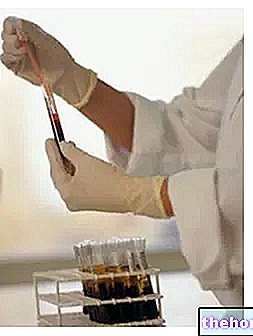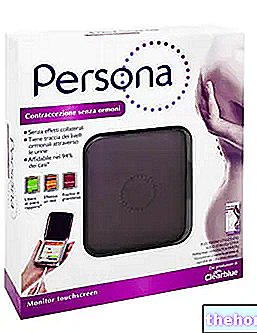Generality
PAPP-A is a high molecular weight glycoprotein, detectable in the blood as an early screening test for Down syndrome.
PAPP-A stands for Pregnancy-associated plasma protein A, i.e. Plasma Protein A associated with pregnancy.

What's this
Pregnancy-associated plasma protein A (PAPP-A) is a high molecular weight (720-850 kD) placental-derived glycoprotein.
This protein is mainly produced in the syncytium trophoblast (ie the element of embryonic development necessary for implantation in the uterus) and is released into the maternal circulation.
PAPP-A allows you to assess the risk that a fetus may be a carrier of chromosomal abnormalities, such as trisomy 21 (Down syndrome).
Because it is measured
The PAPP-A dosage - together with that of Beta-HCG (β sub-unit of human chorionic gonadotropin - β-hCG), and an absolutely harmless ultrasound examination (Nucal Translucency) - allows to quantify the risk that the fetus is affected by chromosomal abnormalities, especially trisomy 21 (Down syndrome) or trisomy 18 (Edwards syndrome); at the same time, it allows to identify situations of particular risk for some anatomical or placental anomalies.
All this is possible already during the first trimester of gestation; in particular, according to the guidelines, the optimal period for performing these tests is between the eleventh and thirteenth week of pregnancy.
















.jpg)











